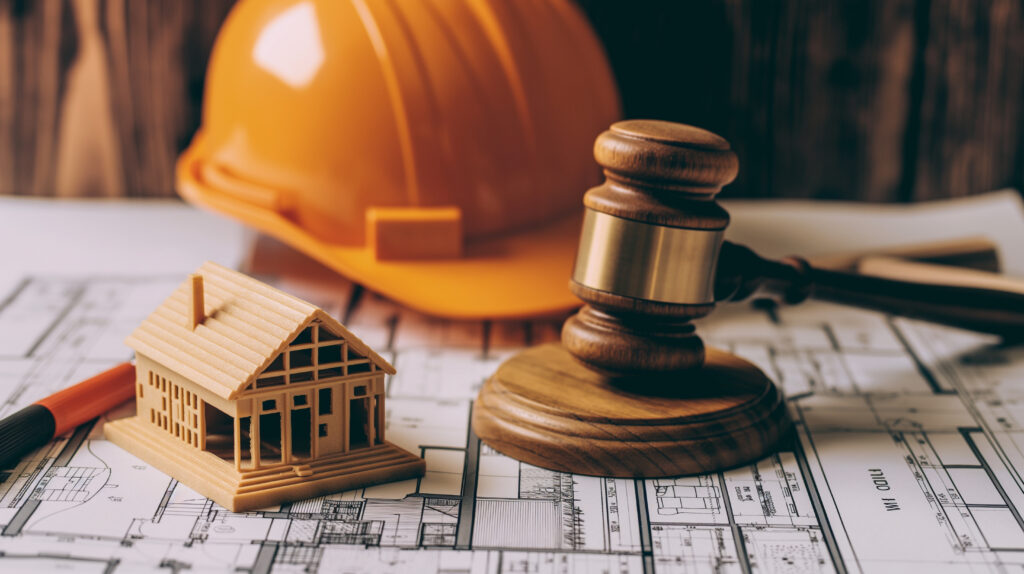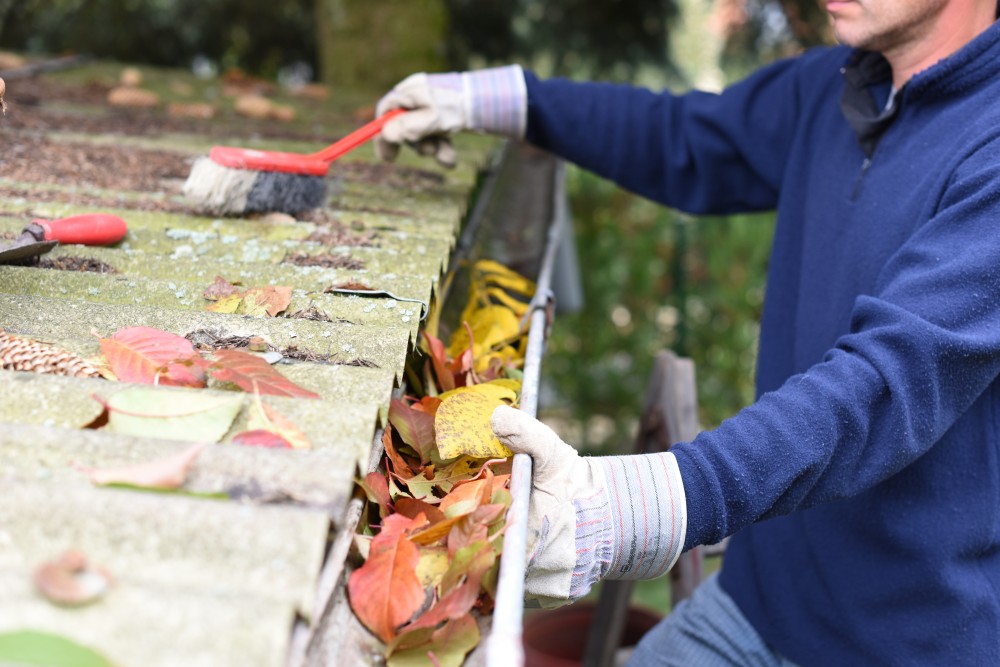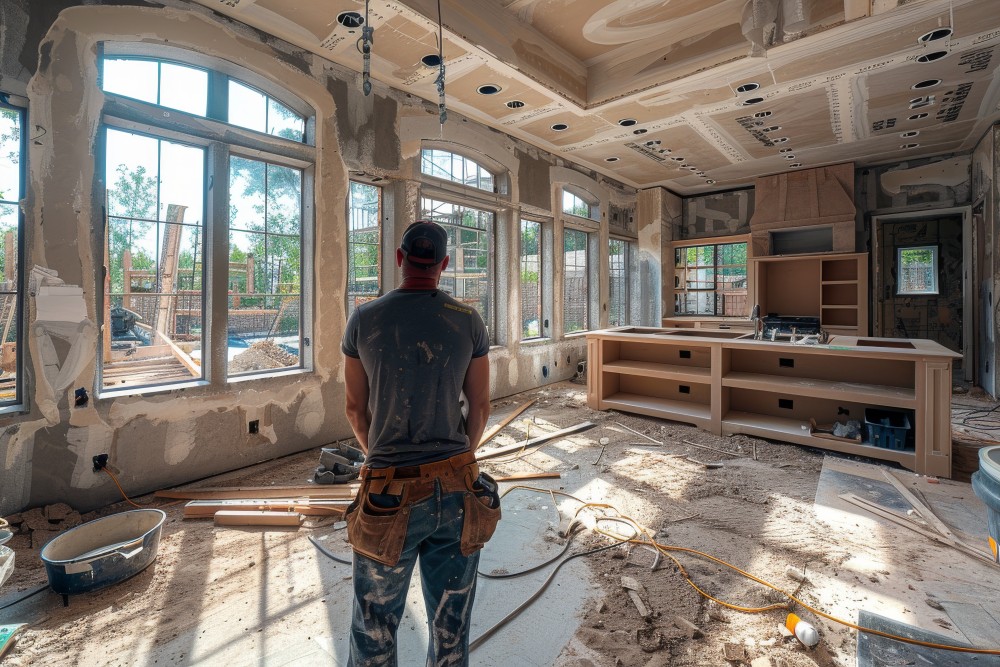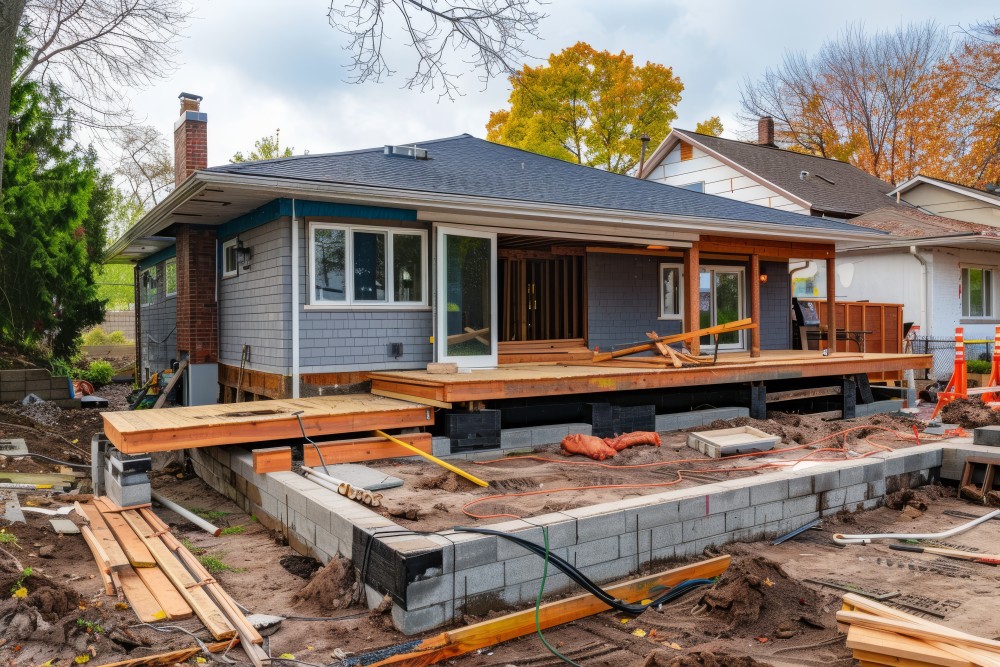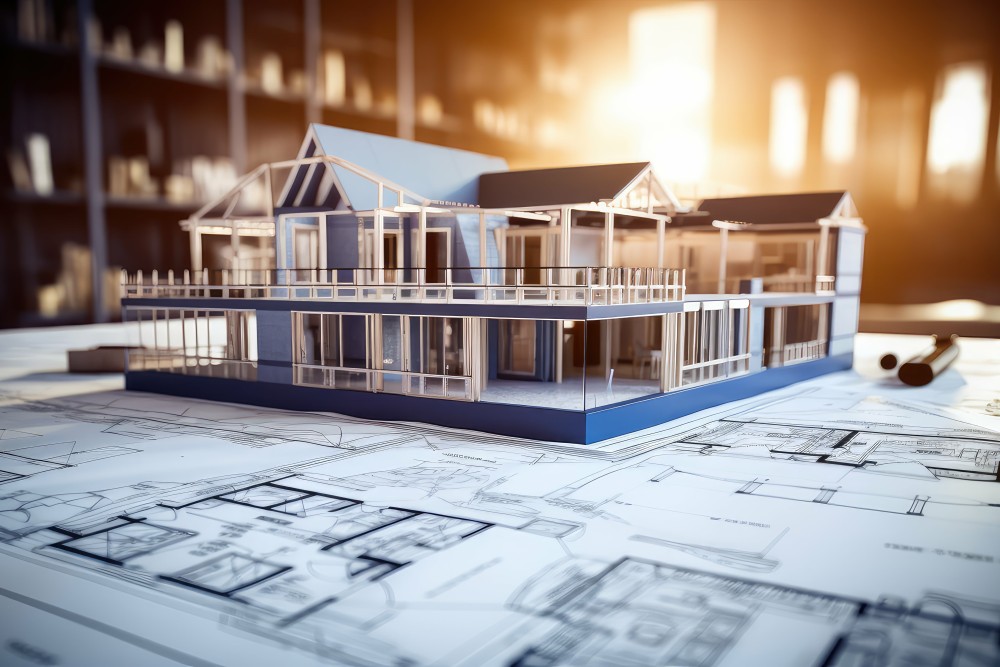1. Inadequate Planning
Pitfall:
- Rushing Into the Project: Starting a project without a clear plan can lead to confusion, mistakes, and unexpected costs.
How to Avoid:
- Detailed Planning: Take the time to create a detailed plan that includes the project scope, design, budget, timeline, and materials.
- Research and Preparation: Research all aspects of the project thoroughly, from required permits to potential design challenges.
2. Underestimating Costs
Pitfall:
- Budget Overruns: Underestimating the cost of materials, labor, or unexpected issues can lead to budget overruns.
How to Avoid:
- Accurate Estimates: Obtain detailed quotes from multiple contractors and suppliers to get a realistic understanding of costs.
- Contingency Fund: Set aside 10-20% of your budget as a contingency fund to cover unforeseen expenses.
3. Hiring the Wrong Contractor
Pitfall:
- Unqualified or Unreliable Contractors: Hiring a contractor without proper vetting can result in poor workmanship, delays, and additional costs.
How to Avoid:
- Thorough Vetting: Check the contractor’s credentials, including licenses, insurance, and references. Read reviews and ask for recommendations from trusted sources.
- Detailed Contract: Ensure the contract outlines the scope of work, timeline, payment schedule, and warranties.
Join HICP Homeowner’s Alliance
Connect with experts, get special discounts and enjoy member benefits
4. Skipping Permits and Inspections
Pitfall:
- Legal and Safety Issues: Failing to obtain necessary permits or skipping inspections can result in fines, legal issues, and safety hazards.
How to Avoid:
- Permit Requirements: Research local building codes and obtain all necessary permits before starting the project.
- Scheduled Inspections: Schedule inspections at key stages of the project to ensure compliance with building codes and standards.
5. Poor Communication
Pitfall:
- Misunderstandings and Delays: Poor communication with your contractor or between team members can lead to misunderstandings and project delays.
How to Avoid:
- Regular Updates: Schedule regular meetings or check-ins with your contractor to discuss progress, address concerns, and make decisions.
- Clear Documentation: Document all agreements, changes, and communications in writing to avoid misunderstandings.
6. Choosing the Wrong Materials
Pitfall:
- Inferior Quality or Unsuitable Materials: Choosing materials that are not suitable for your project or of poor quality can lead to long-term issues.
How to Avoid:
- Quality and Suitability: Select materials that are durable, high-quality, and suitable for the specific requirements of your project.
- Professional Advice: Consult with professionals to choose the best materials for your needs and budget.
7. Ignoring Energy Efficiency
Pitfall:
- High Utility Bills: Ignoring energy efficiency during renovations can lead to higher utility bills and decreased home value.
How to Avoid:
- Energy-Efficient Upgrades: Incorporate energy-efficient features such as insulation, windows, and appliances into your renovation plans.
- Long-Term Savings: Focus on improvements that provide long-term energy savings and enhance the overall efficiency of your home.
8. Overlooking Safety Precautions
Pitfall:
- Injuries and Accidents: Failing to prioritize safety can lead to injuries and accidents during the renovation process.
How to Avoid:
- Safety Equipment: Ensure that all workers use appropriate safety gear, such as helmets, gloves, and goggles.
- Site Safety: Keep the work area clean and organized to prevent accidents. Implement safety protocols and educate all team members on safety procedures.
9. Unrealistic Expectations
Pitfall:
- Disappointment and Frustration: Having unrealistic expectations about the timeline, cost, or outcome can lead to disappointment and frustration.
How to Avoid:
- Realistic Goals: Set realistic goals and expectations based on thorough research and professional advice.
- Flexibility: Be prepared to adjust your plans and expectations as needed to accommodate unforeseen challenges.
10. Neglecting Post-Renovation Maintenance
Pitfall:
- Deterioration Over Time: Failing to maintain new installations and improvements can lead to deterioration and reduce the lifespan of your renovations.
How to Avoid:
- Regular Maintenance: Schedule regular maintenance for new installations, such as HVAC systems, plumbing, and electrical components.
- Care and Upkeep: Follow manufacturer recommendations for the care and upkeep of new materials and fixtures.
Conclusion
Avoiding common pitfalls in home improvement projects requires careful planning, realistic budgeting, thorough vetting of contractors, and a focus on quality and safety. By taking these proactive steps, you can ensure a smoother renovation process and achieve your desired results without unnecessary stress or expense. Remember, a successful home improvement project is not just about the final outcome but also about the journey and how well you manage the process along the way. With proper preparation and attention to detail, you can transform your home into a more functional, beautiful, and valuable space.



